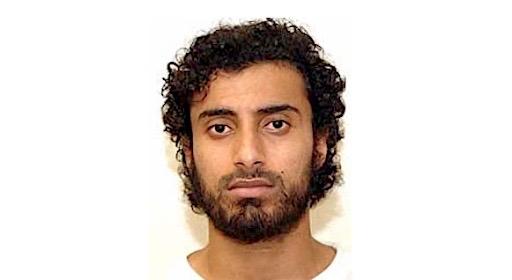After nine months, the Salvadoran Congress has once again voted for an extension of the ongoing State of Emergency (aka State of Exception) in the country. This marks the tenth extension and will be in effect from January 17 until February 15. The extension was passed with 67 votes in favor, an immense approval rate in a Congress with only 84 seats. President Bukele justifies this by claiming that 80% of the country is controlled by gangs, with Mara Salvatrucha (MS13) and Barrio 18 being the largest with an estimated membership of 70,000 members between both of them.
Earlier this month the Salvadoran government announced a drop of 56.8% in the country's murder rate. But the government's number of 496 registered homicides is questionable at best. Many deaths are never registered, and killings during clashes between gang members and security forces are not included. Civil rights groups have counted at least 600 killings in 2022. With the State of Emergency going into its 11th month, activists and rights groups keep articulating concerns about power abuses by security forces.
The official detention numbers since March 2022 have risen to 61,000 detentions. In January, Human Rights Watch published a statement putting forward the fact that "hundreds of people with no connections to gangs have been detained."

